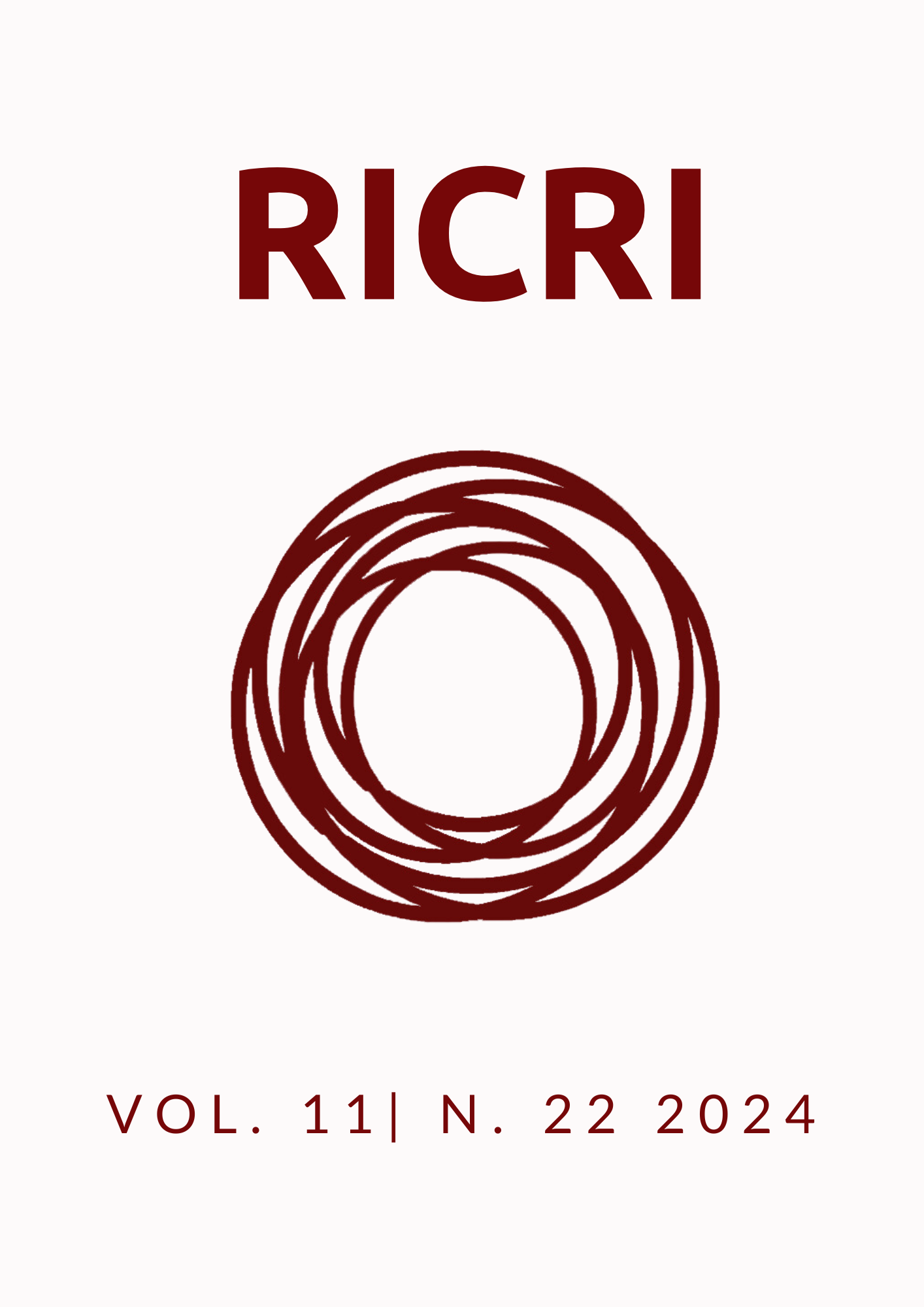Population Displacements Caused by Environmental Exploitation
Lessons from Nauru and Banaba
DOI:
https://doi.org/10.22478/ufpb.2318-9452.2024v11n22.67781Abstract
The objective of the work is to analyze the tensions related to population relocation due to the impossibility of permanence because of environmental alteration. The research focuses on two cases of island territories in the Pacific: Nauru and Banaba, where the environmental impact resulting from phosphate mining has led to the planning of population relocation. Literature on the historical context and mining on the islands is used, engaging with international migration studies and legal documents to investigate common tensions in relocation. This form of displacement promotes various social tensions, with particular emphasis on issues related to territory, nationality, cultural claims, and ultimately, aspects involving financial compensation.
Downloads
Published
How to Cite
Issue
Section
License
Copyright (c) 2024 Journal of Scientific Initiation on International Relations

This work is licensed under a Creative Commons Attribution-NonCommercial 4.0 International License.
Authors who publish with this journal agree to the following terms:
a. Authors retain copyright and grant the journal right of first publication with the work simultaneously licensed under a Creative Commons Attribution License that allows for sharing of work with acknowledgment of its initial publication in this journal.
b. Authors are able to take on additional contracts separately for non-exclusive distribution of the version of the work published in this journal (e.g., post it to an institutional repository or as a book), with an acknowledgment of its initial publication in this journal.
c. Authors are permitted and encouraged to post their work online ( eg, in institutional repositories or on their website) at any point before or during the submission process, as it can lead to productive exchanges , as well as increase the impact and citation of published work ( See the Effect of Open Access).




